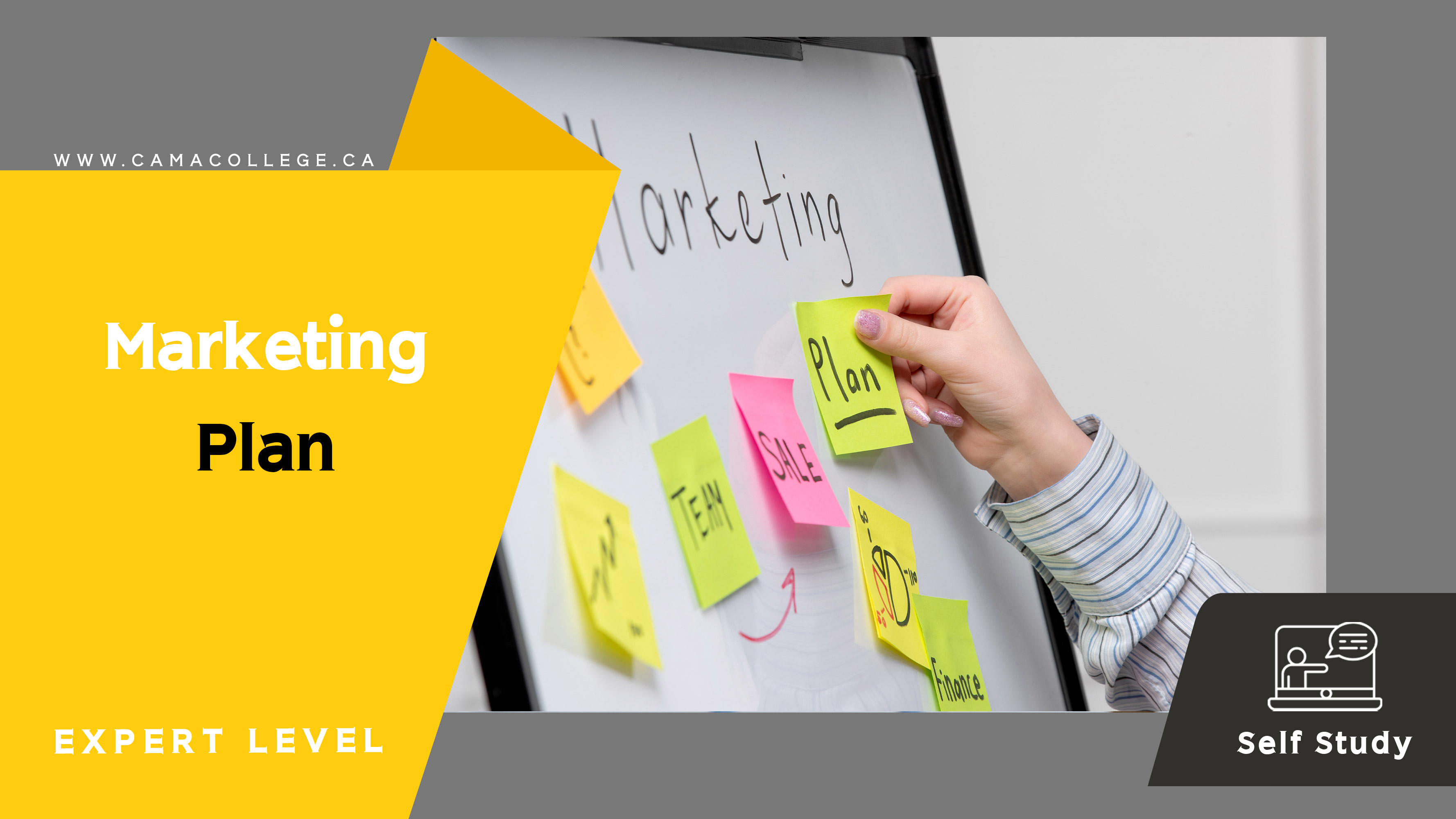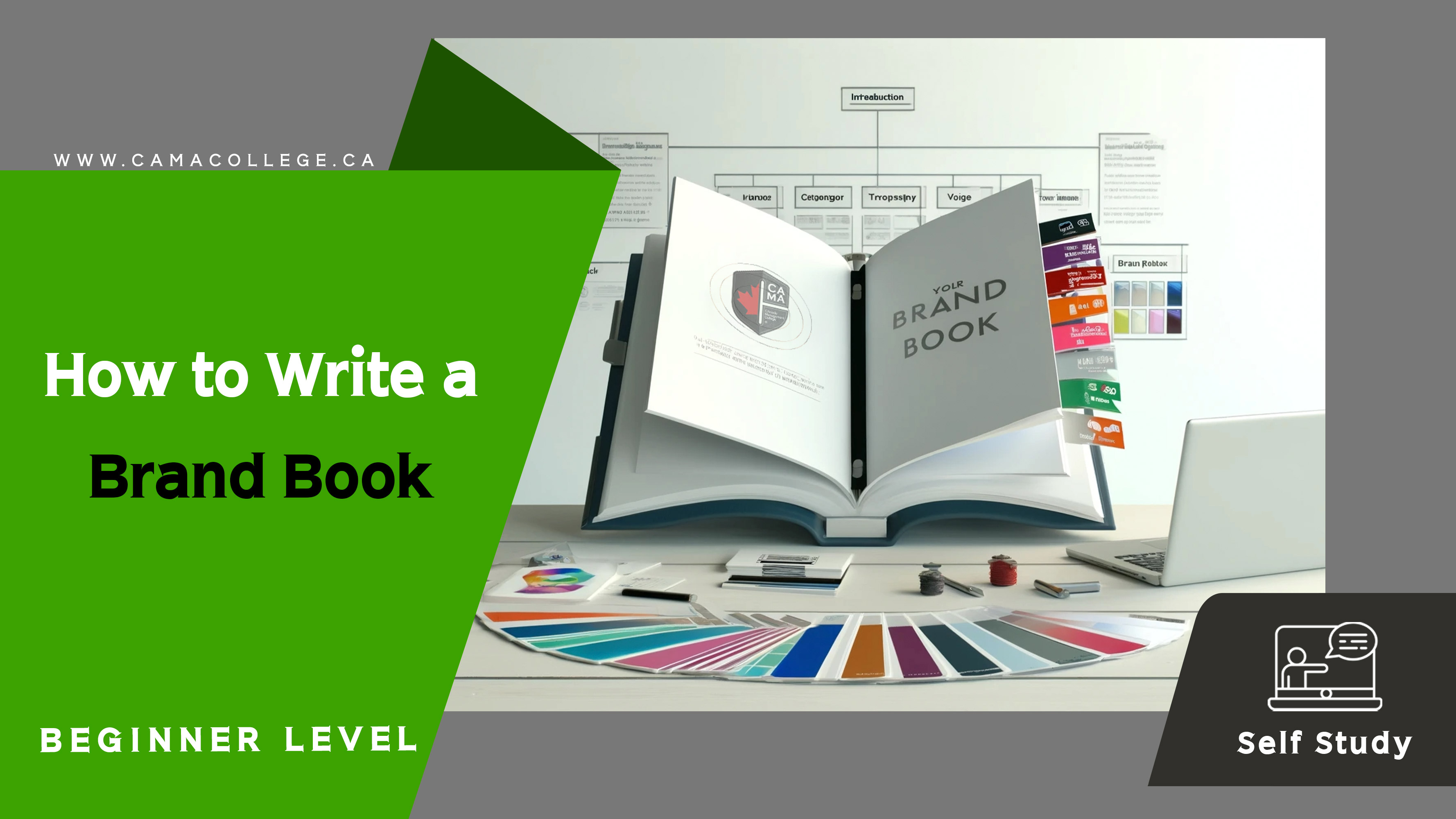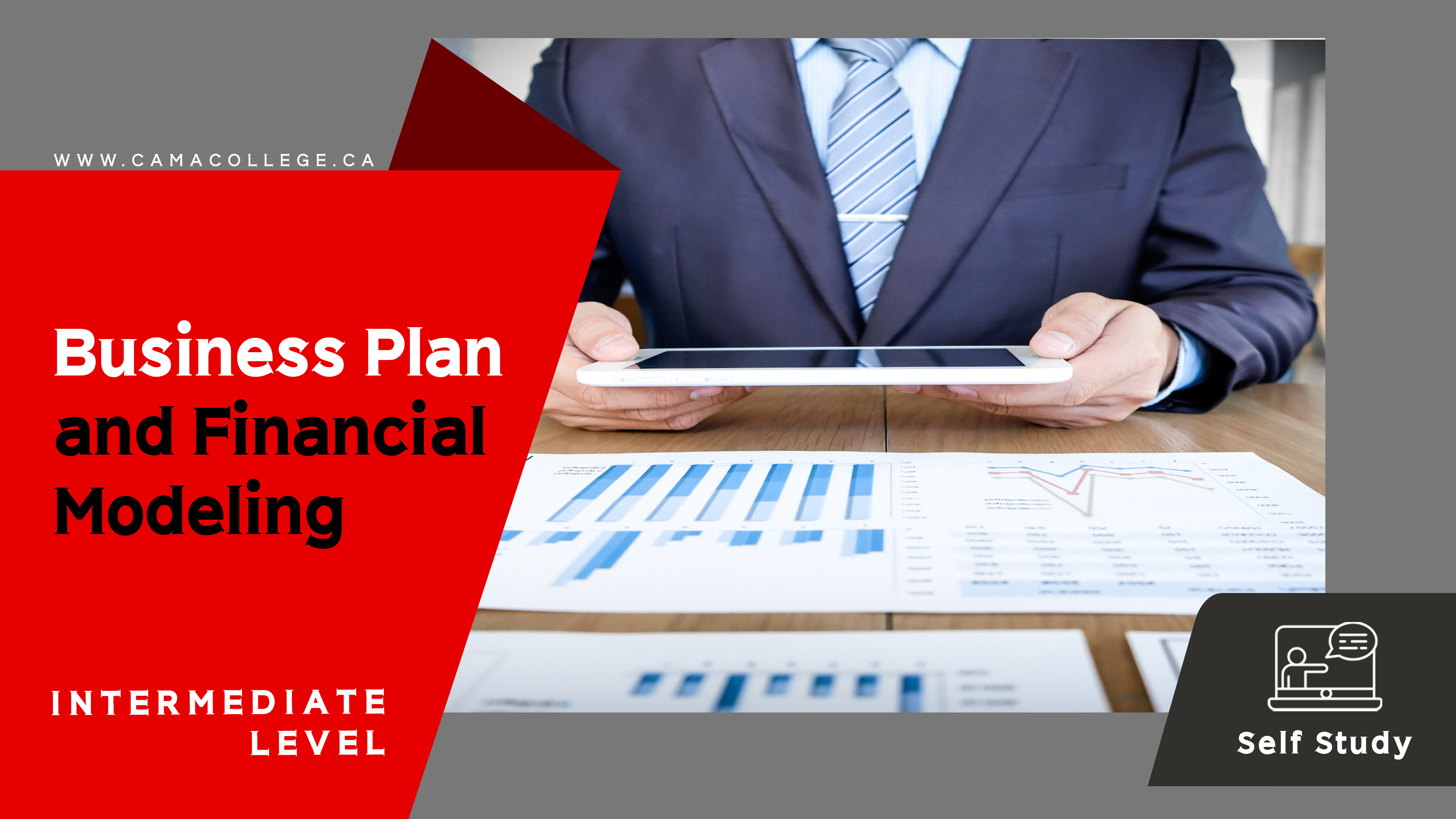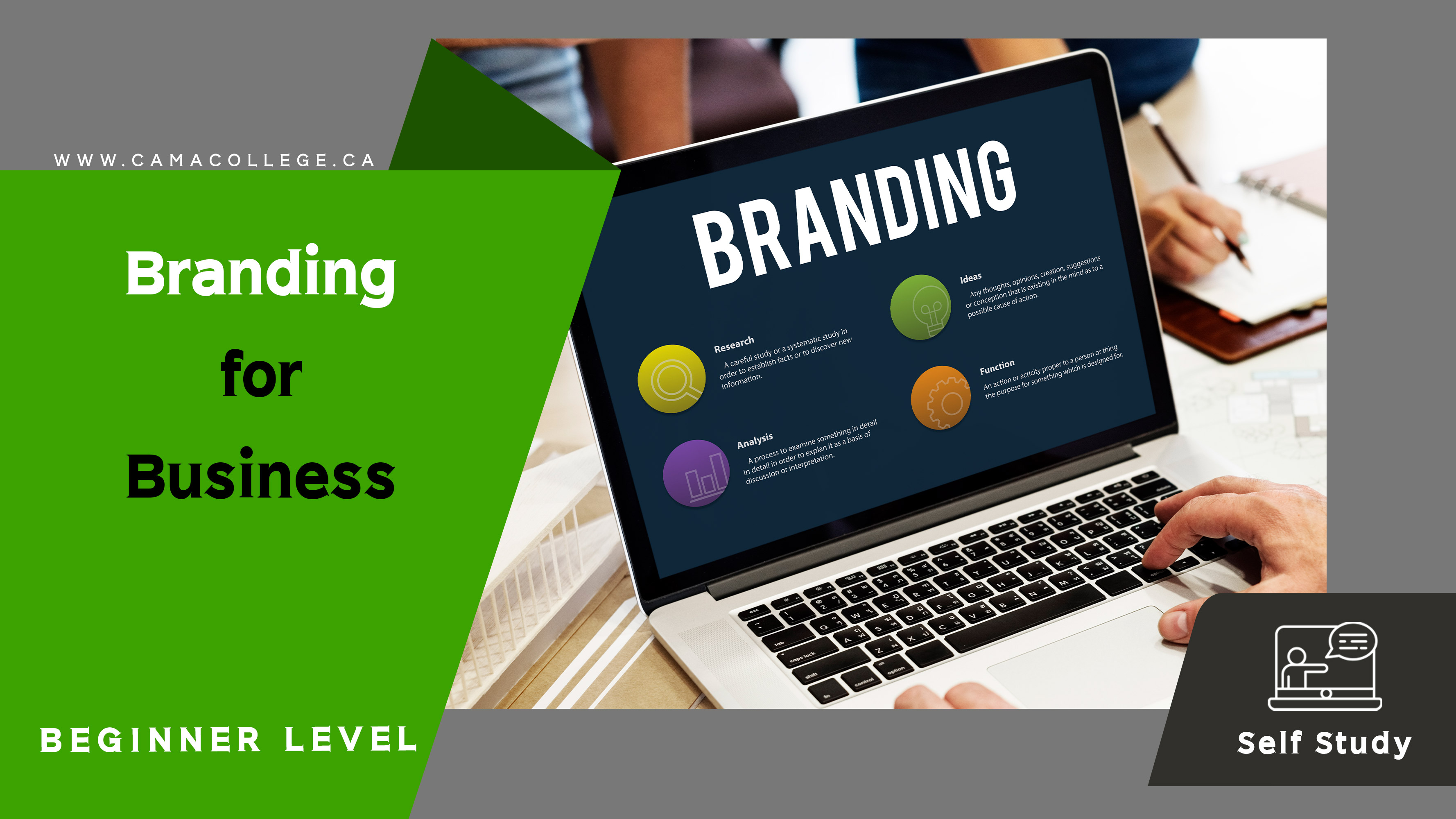Marketing Plan
In Marketing Plan Expert Course, we will equip the participants with the expertise needed in order to scrutinize various aspects of market …
What you'll learn
Leadership and Management in the 21st
In Leadership and Management in the 21st Century Beginner Course, you will be efficiently provided with the means to extensively explore the …
What you'll learn
How to Write a Brand Book
In How to Write a Brand Book Beginner Course, you will learn the ways to create and manage comprehensive brand books that …
What you'll learn
Eexcutive Leadership in Travel Agency Management
In Executive Leadership in Travel Agency Management Intermediate Course, a selection of insights necessary to effectively function as the leader of a …
What you'll learn
Creating an Advertising Campaign
In Creating an Advertising Campaign Intermediate Course, you will gain a useful understanding of this area; and, to do so, you will …
What you'll learn
Business Plan and Financial Modeling – Intermediate
Business Plan and Financial Modeling Intermediate Course will consolidate and develop the basic skills needed for crafting business plans and financial models …
What you'll learn
Business Plan and Financial Modeling – Expert
In Business Plan and Financial Modeling Expert Course, we will guide you to complement and elevate your intermediate skills and erect a …
What you'll learn
Business Plan and Financial Modeling – Beginner
In Business Plan and Financial Modeling Beginner Course, we have meticulously designed an introductory educational experience to facilitate an effective understanding of …
What you'll learn
Branding for Business
In Branding for Business Beginner Course, you will embark on a journey towards learning about one of the most prominent and impactful …











